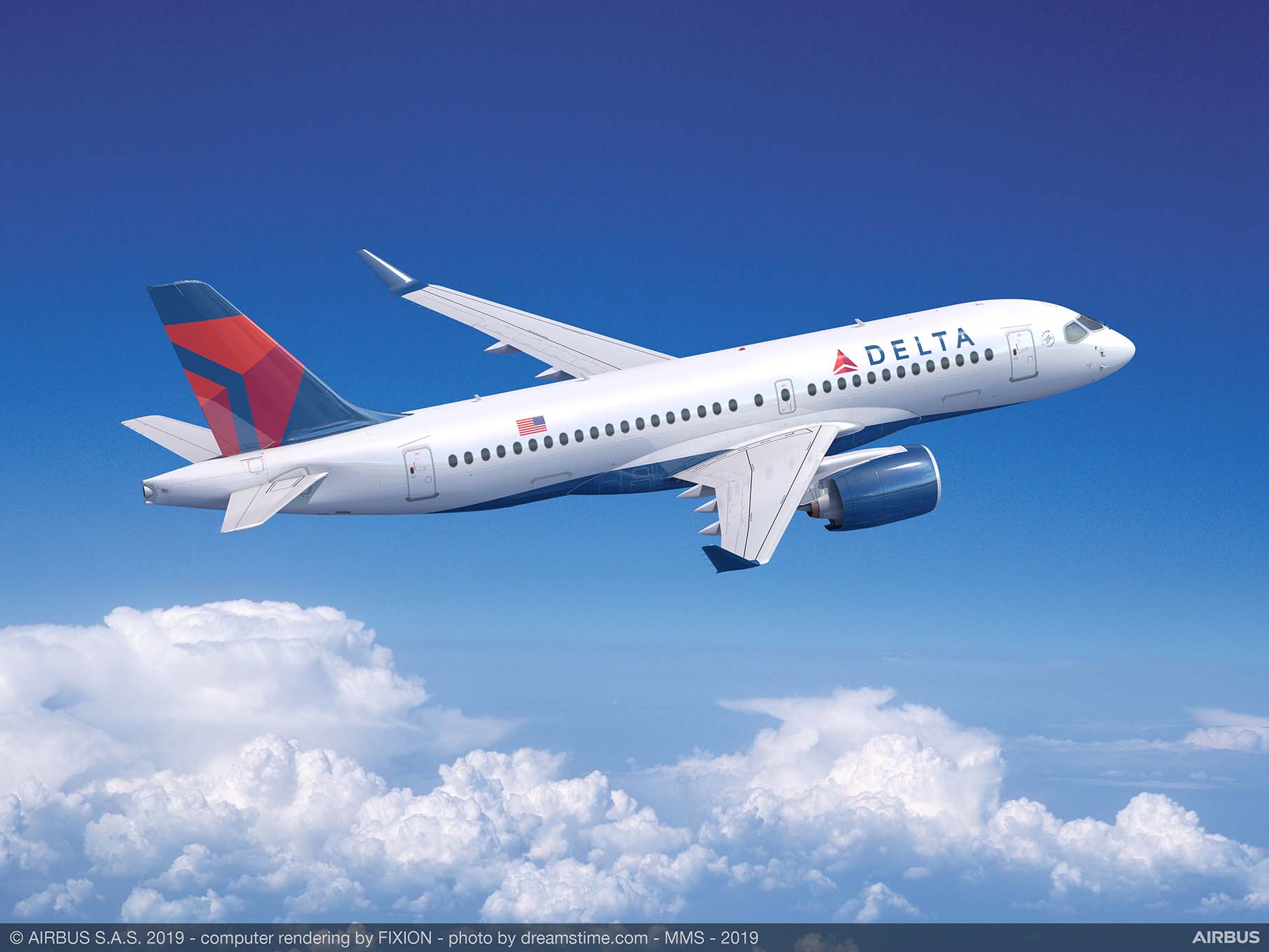Delta Air Lines third quarter financial results for 2020 show a GAAP pre-tax loss of $6.9bn on total revenue of $3.1bn. Adjusted pre-tax loss of $2.6bn on adjusted revenue of $2.6bn. Delta ended the September quarter 2020 with $21.6bn in liquidity.
“While our September quarter results demonstrate the magnitude of the pandemic on our business, we have been encouraged as more customers travel and we are seeing a path of progressive improvement in our revenues, financial results and daily cash burn,” said Ed Bastian, Delta’s chief executive officer. “The actions we are taking now to take care of our people, simplify our fleet, improve the customer experience, and strengthen our brand will allow Delta to accelerate into a post-COVID recovery.”
The adjusted pre-tax loss of $2.6bn excludes $4bn of COVID-19 related costs, including fleet-related restructuring charges – including a $1.8 billion or 78% reduction in fuel expense, a 75% reduction in maintenance expense from parking or retiring nearly 40% of mainline aircraft – and lower volume- and revenue related expenses and charges for voluntary separation and early retirement programs for Delta employees, which the airline says were partially offset by the benefit of the CARES Act grant recognised in the quarter.
Total adjusted revenue of $2.6bn declined 79% on 63% lower capacity compared to the prior year. Total operating expense, which includes the $4bn of COVID-related items described above, decreased by $1bn over the prior year. Adjusted for those items and third-party refinery sales, total operating expense decreased $5.5bn or 52% in the September quarter compared to the prior year, driven by lower capacity- and revenue-related expenses and strong cost management.
Demand for air travel remains depressed with passenger revenue for the quarter down 83% on 63% lower capacity. Non-ticket revenue streams performed relatively better than passenger revenues, with total loyalty revenues declining 60% and cargo declining 25%.
“With a slow and steady build in demand, we are restoring flying to meet our customers’ needs, while staying nimble with our capacity in light of COVID-19,” said Glen Hauenstein, Delta’s president. “While it may be two years or more until we see a normalized revenue environment, by restoring customer confidence in travel and building customer loyalty now, we are creating the foundation for sustainable future revenue growth.”
Delta has to date had to refund customers approximately $2.8bn due to COVID-19. Airbus and CRJ deliveries have been pushed back reducing aircraft purchase commitments by more than $2 billion in 2020 and by more than $5 billion through 2022.
Delta has announced plans to accelerate retirements of more than 400 aircraft by 2025, including more than 300 in 2020. Some 47 MD-80s, 26 MD-90s, 10 A320s and seven 767-300ERs were retired in the June 2020 quarter, with 10 737-700s retired in the third quarter. Delta has scheduled 18 777s, 125 CRJ-200s, 91 717s and 49 767-300ERs at the end of the fourth quarter at the end of this year.
“Our results this quarter were underpinned by a strong focus on costs, as we reduced adjusted operating expenses by more than 50%, similar to the June quarter, despite flying 23 points more capacity,” said Paul Jacobson, Delta’s chief financial officer. “That cost focus allowed the increase we’ve seen in net sales to flow directly into an improvement in our daily cash burn, which improved from $27 million per day in June to $18 million per day in September.”
At the end of the September quarter, Delta had total debt and finance lease obligations of $34.9bn with adjusted net debt of $17bn, $6.5 billion higher than December 31, 2019.
Delta had $21.6bn in liquidity at the end of the quarter. In September, Delta completed the largest debt offering in aviation history, raising $9bn at a blended average rate of 4.75% secured by its SkyMiles loyalty program. In addition, the company borrowed $1.5bn at a blended yield of 4.4% in connection with the issuance of tax-exempt bonds, that will be used to finance the LaGuardia airport project.
Delta has repaid the $3bn, 364-day term loan that it entered into in March, increasing its unencumbered asset base to $9 to $10bn of aircraft, engines and spare parts and reducing remaining debt amortization and maturities to $2.3bn through the end of 2021.
The airline has also repaid $2.6bn under its revolving credit facilities drawn down in March 2020.
In the September quarter, Delta received $701 million under the payroll support program (PSP) of the CARES Act, consisting of $491 million in additional grant funds and a $210 million increase in the low-interest, unsecured 10-year loan. The September quarter amount includes an incremental $157 million beyond the initial $5.4 billion Delta was allocated in April 2020.

